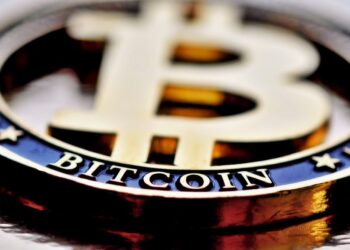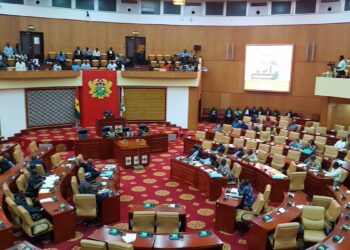South Korean cryptocurrency exchanges are set to reevaluate over 1,000 previously listed tokens in response to the upcoming implementation of the country’s new crypto rules, the Virtual Asset User Protection Act.
On July 2, the Digital Asset Exchange Alliance (DAEX), representing five major Korean crypto exchanges, announced that approximately 20 domestic exchanges will conduct a comprehensive review of 1,333 tokens over a six-month period starting July 19, 2024.
DAEX emphasized that significant domestic exchanges have already incorporated crucial monitoring criteria, which they believe reduces the likelihood of widespread delistings. “While some assets have been delisted accordingly, the re-evaluation of approximately 1,333 assets over six months reduces the likelihood of mass delistings,” the alliance stated. However, they noted that only disqualification criteria will be made public to prevent potential market manipulation.
This review process aligns with the broader regulatory changes in South Korea. The new law, also effective July 19, aims to enhance safeguards for crypto investors’ rights and interests and finalizes regulatory practices for crypto listings. It applies to nearly three dozen registered crypto exchanges, including major players like Upbit, Bithumb, Coinone, Korbit, and Gopax.
Under the updated framework, these crypto exchanges are required to establish review committees to assess factors such as the issuing entity’s reliability, capabilities and reputation, user protection measures, technology and security standards, and regulatory compliance.
Also, according to Korean news media Dnews, the country’s financial authorities initiated a re-evaluation process for over 600 cryptocurrency listings on domestic trading platforms to coincide with the implementation of the new laws in July.
Meanwhile, as part of broader preparations for the new regulations, the country’s top financial regulator, the Financial Services Commission (FSC), recently released new guidelines clarifying when non-fungible tokens (NFTs) should be classified as virtual assets. These guidelines will reportedly allow the regulator to treat certain NFTs similarly to cryptocurrencies if they display specific characteristics, particularly when they are used as payment options.
If you want to read more news articles like this, visit DeFi Planet and follow us on Twitter, LinkedIn, Facebook, Instagram, and CoinMarketCap Community.
“Take control of your crypto portfolio with Markets PRO, DeFi Planet’s suite of analytics tools.”





















